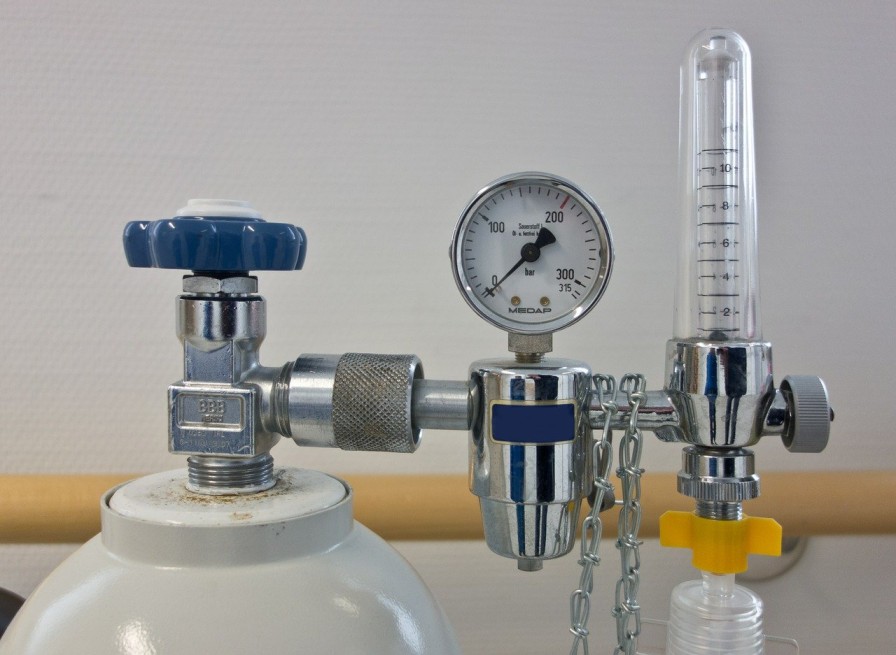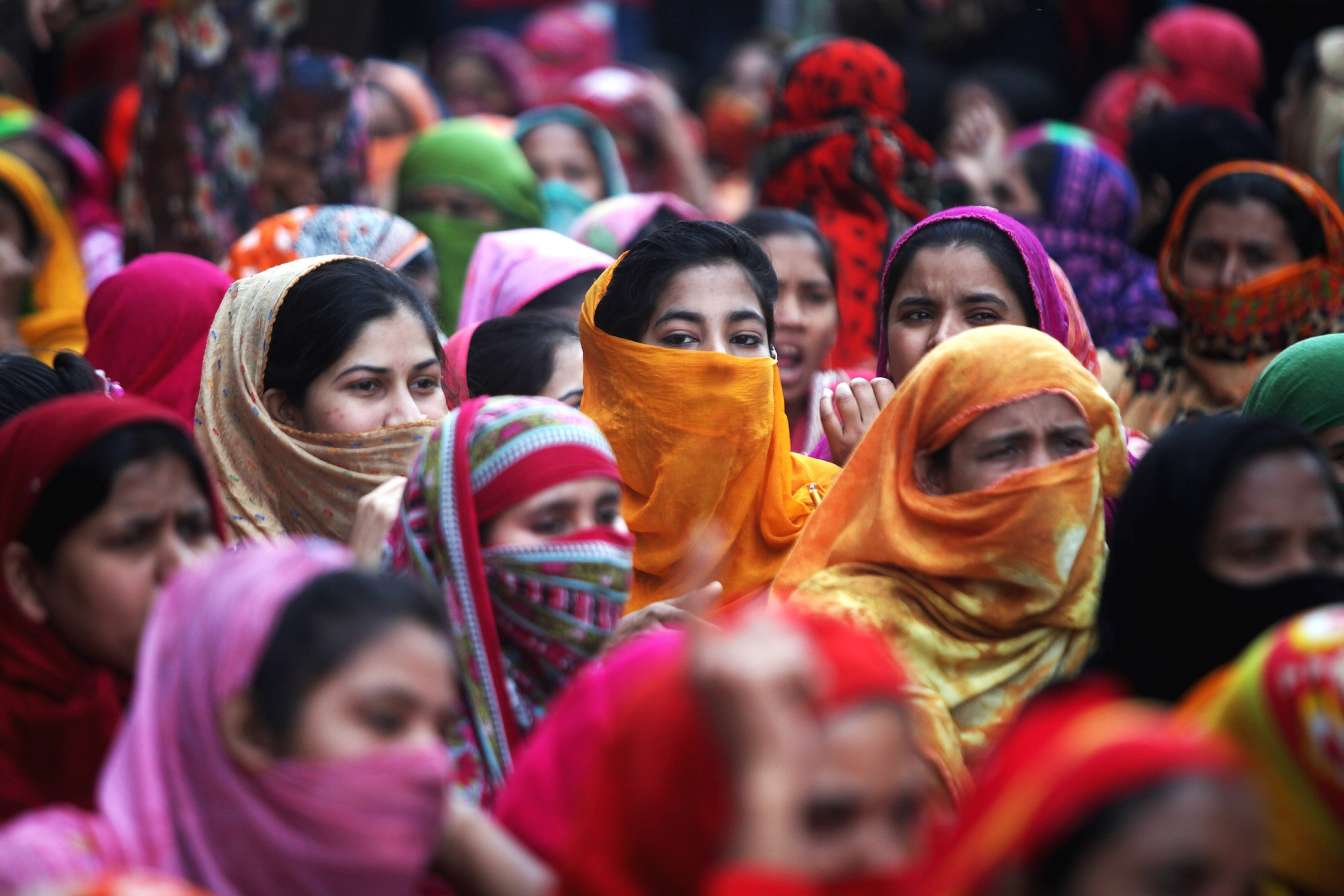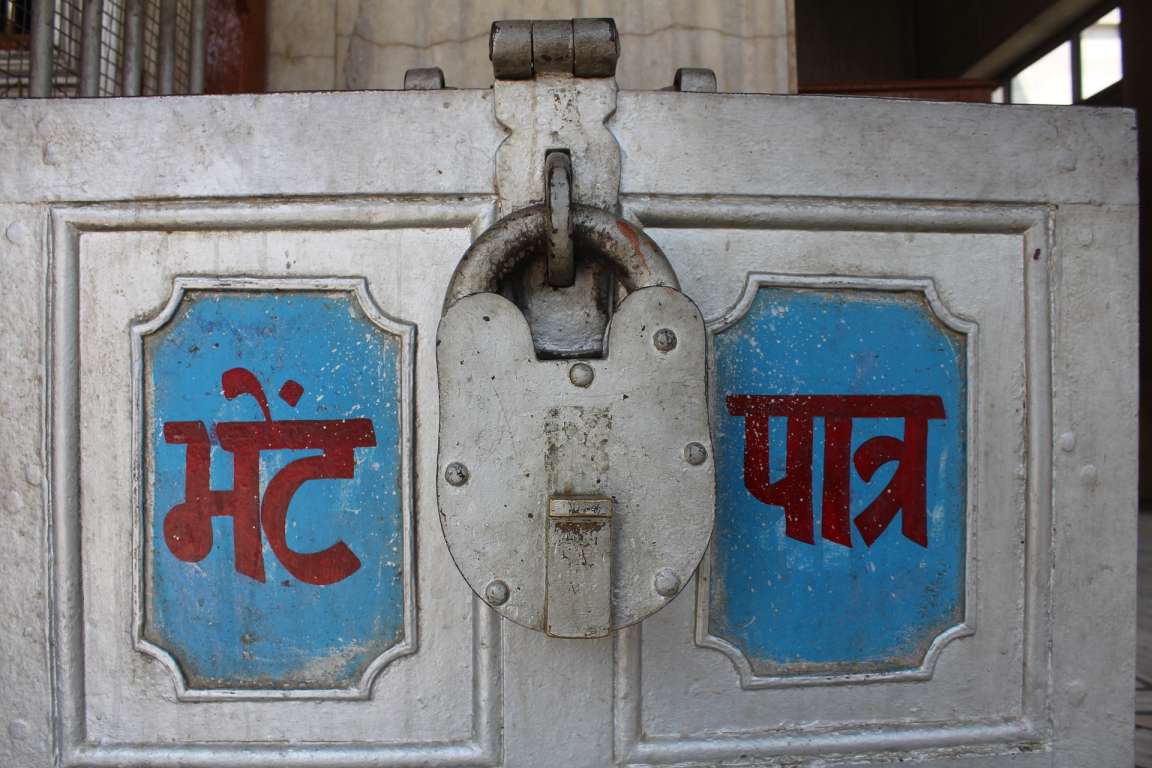Fundraising & Communications: The Ministry of Home Affairs (MHA) has issued a circular extending the validity of FCRA registration certificates to September 30th, 2021. This applies to all FCRA licences that have expired or will expire between September 29th, 2020 and May 31st, 2021. The decision to extend the deadline has been driven by the exigencies arising from the COVID-19 situation.
FCRA refers to the Foreign Contribution (Regulation) Act 2010, which permits charitable organisations based in India to raise funds from foreign sources.
The order also clarified that nonprofits that have already opened an account and have the requisite permission to receive foreign aid, can henceforth receive it only in these newly-opened accounts.
The FCRA law was amended in September 2020 to include a clause that mandated that all nonprofits receiving foreign aid must necessarily open an account in State Bank of India’s New Delhi Main Branch. The government had initially set the deadline for this account opening as March 31st, 2021; it later extended it to June 30th, 2021 after several nonprofits argued in court that there had been delays because necessary approvals from MHA had not been received.
Several organisations have not been able to receive foreign funds during the crisis caused by the second wave, and this has impacted their COVID-19 relief efforts. Relaxing the foreign funding rules could significantly help organisations ramp up their operations to help individuals, supply critical healthcare equipment, and respond to communities in rural areas.
Read this article to know how amending the FCRA can have unforeseen implications.





